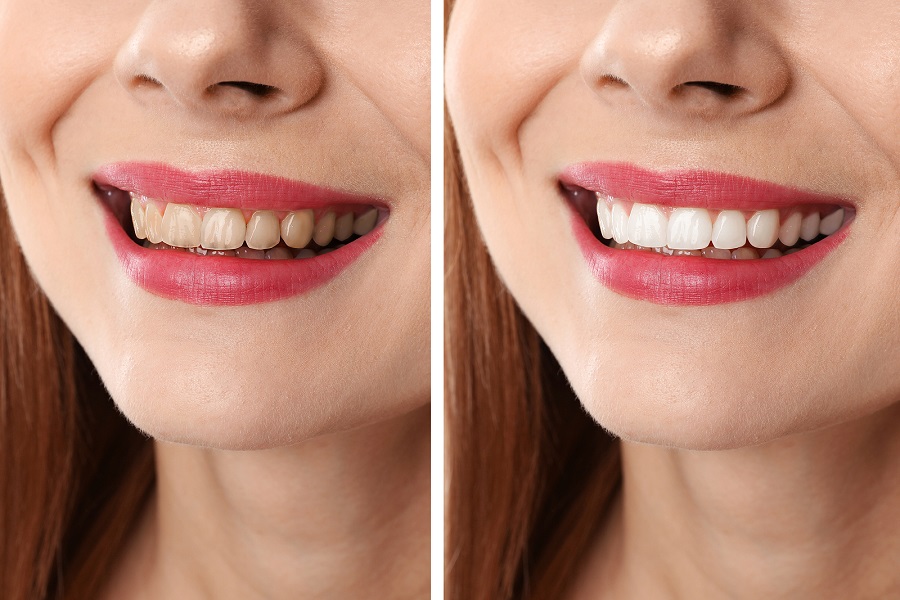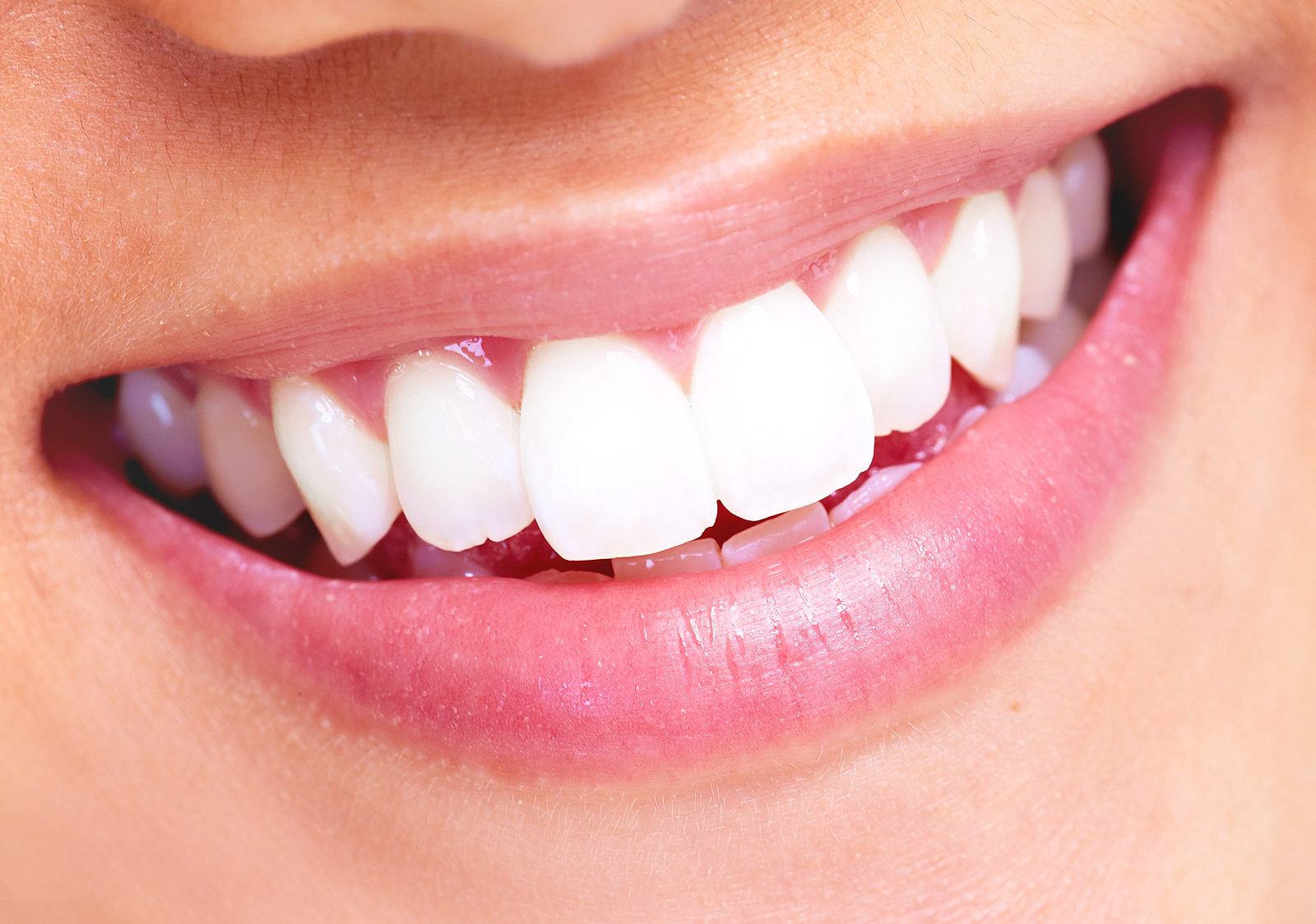SUGAR & THE EFFECTS ON YOUR MOUTH
Maintaining your oral care with Biltmore Commons Dental Care leads to a healthy lifestyle. It also positively contributes to your mental, physical, and social health. While brushing, flossing, and your regular dental check-ups are essential, so is watching the types of foods you consume. There are very few categories of foods that give us more worry than the category of sugar. While avoiding sugar altogether might not be possible, you can do yourself a favor by being cautious of your consumption. So, let’s take a further look at the types of sugars and how they impact your oral health.
Effects of sugar on your mouth
HOW SUGAR REACTS IN YOUR MOUTH
Your mouth is full of good bacteria and harmful bacteria. As you might have guessed, harmful bacteria is what we try to avoid as much as possible. The sugars you eat attract harmful bacteria and create an acidic environment for your teeth. When you eat too much sugar or fail to brush your teeth regularly, this acid eats away at the enamel of your teeth and can cause cavities.
When these cavities are left untreated, they can create holes that go deep below the surface of your gums. Eventually, the only way to remedy your tooth (and probably your pain) is with a root canal or extraction. However, by staying away from consuming too many sugars, you can help prevent cavities from ever getting to this point.
SUGARS TO AVOID
Sugar is sugar, no matter the form. Even the hidden ones can cause damage to your oral health. While we know that avoiding sweets altogether isn’t realistic, there are some you should consume in extreme moderation over others. Those include fructose, corn syrup, honey, high-fructose corn syrup, fruit juice concentrates, and even cane juice. Even the natural sugars in fruits can cause cavities if you don’t care for your oral health.
HOW TO AVOID SUGAR
We can’t tell you to avoid sugar without offering you some ways to do so. So, the first step in consuming less is by being more aware of what you’re eating daily. You may not even realize the added sugar you’re consuming each day.
According to the American Heart Association, the average adult male should be consuming about nine teaspoons, or 36 grams, of added sugar each day. Likewise, the average adult female should only be consuming about six teaspoons, or 25 grams, of added sugar each day.
So, the next time you hit up the grocery store, read those labels. If something has more than the recommended added sugar content, then it’s likely going to have an impact on your mouth. You can also avoid added sugar by adding more fruits to your diet. Although they do contain sugar, fruits are a lot better for your physical health than the processed and refined sugars found in other foods.
PROTECT YOUR TEETH
Protecting your teeth from the dangers of sugar isn’t difficult. While you should certainly keep up with your regular cleanings, you should also brush often and avoid letting sugar sit in your mouth. Instead, try consuming your daily sugar intake with a meal. Chewing your other food generates enough saliva to wash away the sugar.
If you can’t brush your teeth following a meal, then chew on your favorite gum. You might also try a piece of cheese or really anything that activates the saliva glands.
Lastly, know the signs of when you’re consuming too much sugar. For example, if you start to notice more acne on your face, it’s time to cut back. You might also find yourself more tired during the day and crash after an exercise session. These are all signs that there’s too much sugar in your diet.
GET IN FOR A CLEANING
With Halloween and the holidays right around the corner, you’re likely to be consuming more sweets than usual. So, if you need a dental cleaning, then let’s get you scheduled for one! Biltmore Commons Dental Care in Phoenix, AZ, is currently accepting new patients, and we’ll gladly take care of your bi-annual check-ups. We even offer teeth whitening, cosmetic dentistry, and root canal therapy.So, give us a call today at (602) 249-2227.






















0 comments